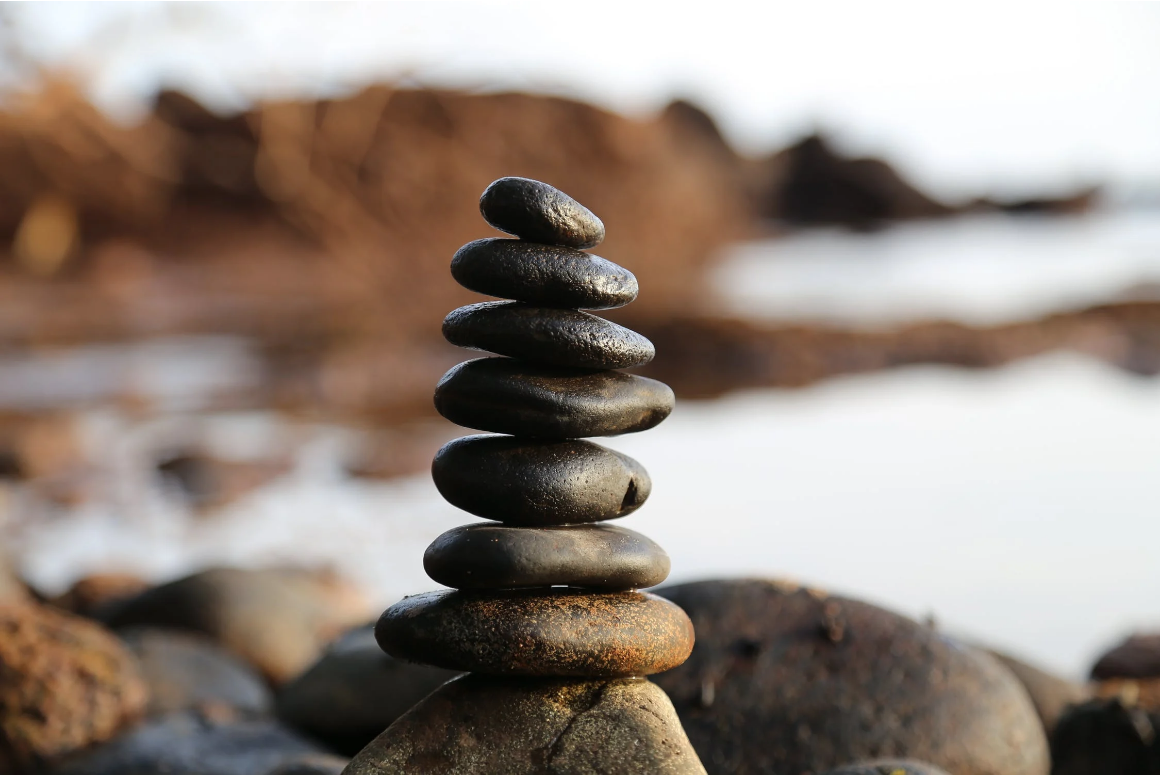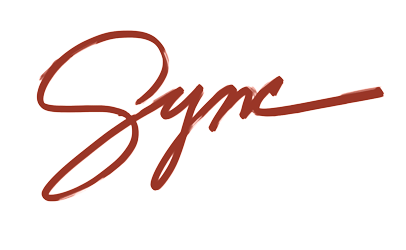
Escape, Return, and Finding a Balance
By Emily Phifer, M.S. MFT
Purpose of Escape
As we regularly experience and manage stress in our lives, it is worthwhile to consider the vital role and even purpose that “escape” can play in helping us to balance our days. Within our relationships, our work and life circumstances, we often look for escape routes to offer us a much-needed detour from the constant stimuli requiring our response and engagement.
Escape functions as a way for us to help regulate ourselves, take a break, or “numb out”. These breaks or “escapes” often serve as a way to self-regulate, offering the nervous and neurological systems regulation by creating a relief from stressful stimuli.
Regulation
Have you ever witnessed a child who is worked up into a tantrum or heightened emotional state gradually calm while engaging in play? A distracting activity, along with working out frustrations with a stuffed animal or other inanimate object can serve the purpose of self-directed regulation. And, the vital role that play (versus purposeful or “useful” productivity) serves, in both children and adults alike, is to help us to regulate and distance ourselves from heightened emotion. As a result, we can find calmer, and better ways to cope with stress. So, while the idea of escape can seem frivolous, applied within healthy limits, escape can actually help us to “reset” and rebalance.
Zoning-Out
We often feel the need to numb our emotions or to “zone out” by scrolling through social media feeds, watching episodes of our favorite shows, or simply getting lost in online searches. Often, these outlets provide the dopamine (neurotransmitter or “chemical messenger”) we’re craving by allowing us to feel pleasure by temporarily disconnecting us from stressors weighing on us. But, these temporary escapes often leave us feeling just as empty as before, without a sense of actual/felt stress relief or refreshment. Additionally, the comparison trap and isolation of social media may further exacerbate the mental anguish or exhaustion we went looking to escape in the first place.
Limits of Escape
While vital and necessary in its own right, the idea of escape is limited in that, at some point, we are required to “return” from escape, right back into the situations and circumstances that drove us to escape in the first place. Who hasn’t watched a favorite movie or episode, lost in another world of different characters, places and circumstances, only to come crashing back down to reality when the movie or episode ends. Subsequently, we realize that our temporary escape is over, and that our real lives are beckoning us back.
Return to Self
Given the limitations of escape as a means to sustainable self-care, there’s something to be said for finding purposeful ways to stay present by leaning into life-giving ways to take a break that don’t involve a departure from our lives.
Purpose serves to center and ground us, offering vital balance to our daily stressors and demands. Such life-giving balance might entail: working on a project, exercising, woodworking, or gardening. Creative outlets can include painting, doodling, creative writing, dancing, or listening to music. Refresh yourself by writing a letter, spending time with a loved one, or reading a favorite book. Incorporating what refreshes and enlivens helps us to return to our demands and to our lives in new ways. This intentional self-care exceeds what limited and temporary escape routes may offer.
Finding a Balance
Clearly, there’s no doubt that all of us need temporary escapes now and then. And, we most need breaks when life feels heavy, exhausting and difficult. These breaks don’t always need to be purposeful or useful. But, in addition to those needed escapes, consider purposefully leaning into what balances and sustains you right where you are. Try intentionally practicing those things in your life, here and now. Might there be ways for us to live with more daily balance? Might this balance help to relieve our need for an escape to take us away from ourselves or our circumstances?
- What patterns or purposes can you identify in your own life that are meaningful and life-giving? When do you know you need a temporary escape?
- What does “zoning out” look like for you?
- What purpose does escape serve in helping to balance you?
- Where/how do you physically, emotionally or mentally escape when you need a break?
- Can healthy escape become imbalanced if it numbs us or becomes an addiction?
- What are your healthy escapes? How do you know when these escapes become unhealthy?
Take a moment to consider this powerful thought from Christopher Nahumck, Ph.D., a clinical psychologist within the Sync Counseling community:
“Consider whether the escape is from your life or for your life. This is the heart of self care. Self care is often described as an escape from your life, a break from the hectic, chaotic, distressing and destructive patterns that you have set for yourself. True self care isn’t about escaping from that life, it’s about making your life as fulfilling and sustainable as possible.”
For more information on Sync Counseling support and services, please visit: www.sync.org
